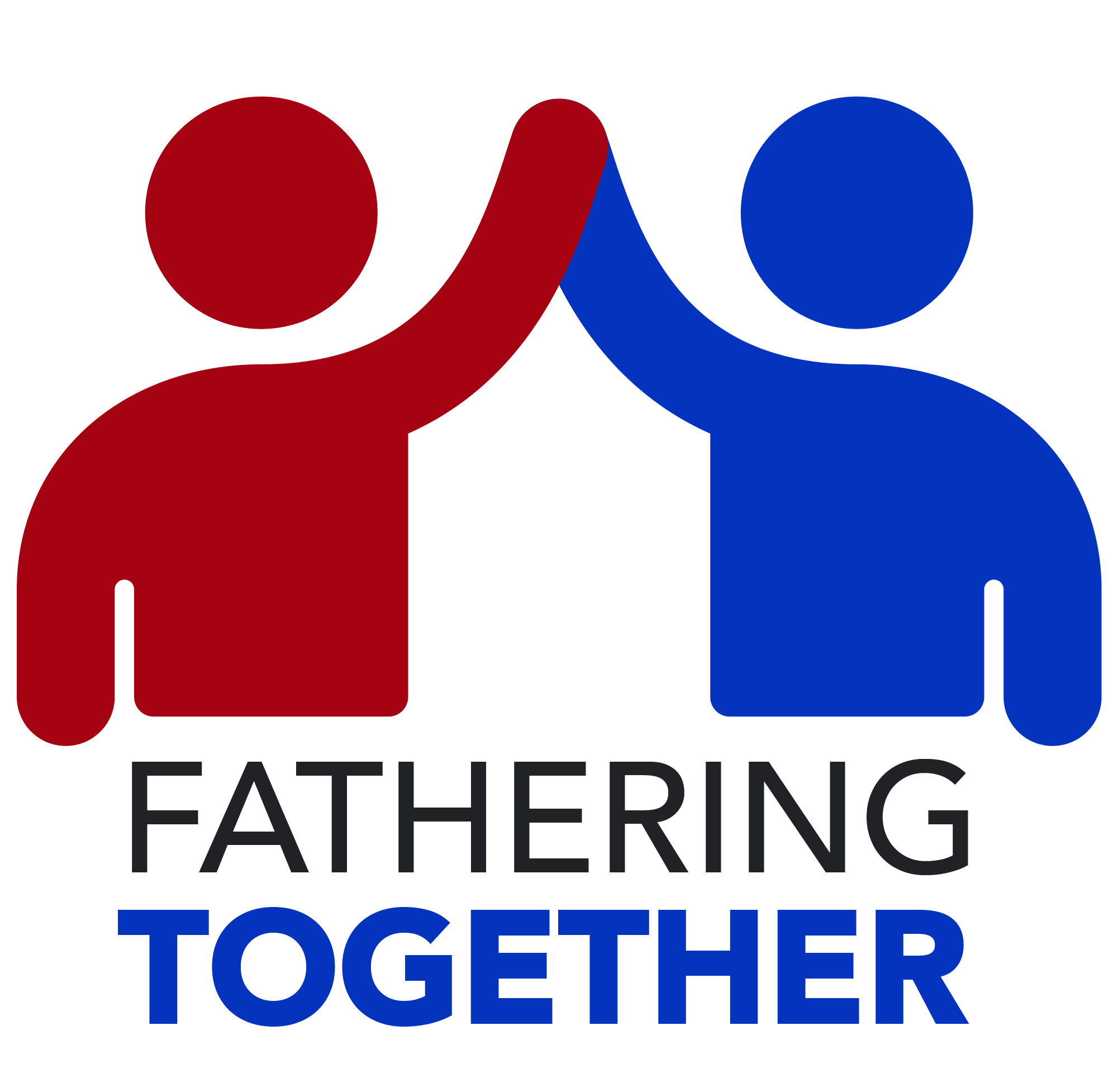I turned 40 years old on August 27th. When my father turned forty, I was eleven, and by that time, he had served as my Boy Scout Pack Leader. He had built me a tree house. He sang in our church choir, raised countless funds to support missions at our church, and got some sort of award through the United Way in fundraising for charities in our small town. I’m sure I could look up that last one, but I’ll just imagine it was for something epic..
He had owned his own business and gave it up mainly because he wanted to ensure my sister and I had a good life. So he took a job he wasn’t thrilled about to earn money to keep us housed, fed, clothed, and with some left over to give us presents that we really didn’t need.
This says nothing about the strength of my mother who worked odd jobs, stayed at home, but ultimately made more money than my father because of her skills, and so that in the mid-eighties, in the height of Reaganomics, my mother took on the role of breadwinner… but that isn’t why I’m writing this.
When I was eleven, I thought the sun rose and set on my father. I still do.
Nearly a decade later, I would discover the writings of Robert Greenleaf and servant leadership. Another twenty years would pass before I realized how much of them applied not only to my father, but so many other men who helped raise me to be the man I am today.
These fathers listened to my naïve political statements. They healed me when I lost faith after two close friends died in car accidents. They challenged me to think deeper, problem solve late into the night, and pressed me to realize my strengths and talents and how to use them to better my community. They were committed to my growth even when I squandered it on foolish adventures, childish infatuations, and career aspirations I had no hope to fulfill.
They did this because they knew something that all fathers know. They knew that once you take on the mantle of fatherhood, a part of you no longer gets to be the protagonist of your life’s journey. A part of you shifts to being the supporting cast, the character actor who will never be a leading man. They knew that the best way to lead was to step back and build systems for me and my peers to thrive, stumble, fall on our faces, and then get up to thrive again.
But our culture doesn’t praise this very often. Our culture praises the alpha male who sacrifices everything to achieve their dreams. Our culture praises the summer blockbuster, John Wayne, Tom Cruise, Bruce Willis type who saves the planet from destruction but often sacrifices a good friend along the way so they shine on the screen. Our culture praises the man who says a lot to make a lot of money, but really doesn’t have any lasting skills.
The unfortunate reality is that summer blockbuster heroes are a great 90-minute joyride. The unfortunate reality is that people without skills have to rely on someone else to bake their bread and build their home. The reality is these archetypes very rarely produce lasting change, nor do they forge the skills in children that will to carry our communities through to the next generation. They just save one day or give one epic speech, and then the screen fades to black.
So I’m challenging myself, as a father of two amazing and spirited daughters, to dig deeper into myself and reflect upon the values of servant leadership as a model for fatherhood. Since I just turned forty, I’m going to take forty days to reflect on it… consider it a personal homage to Jesus and his pilgrimage into the desert. While I can’t leave my wife and children behind, I can take twenty minutes at the close of my day for this pilgrimage.
Feel free to join me on the journey. Hopefully we will all learn a thing or two along the way!

Hey, I read the blog post on Fathering Together about the mid-life crisis, and it resonated with me. As someone also approaching mid-life, I could relate to much of what the author was saying.
I appreciated the author's honesty and vulnerability in sharing their experience with a mid-life crisis. It takes a lot of courage to admit that you're struggling and seek help when needed. It's clear that the author has put a lot of thought and effort into navigating this difficult period in their life, and their insights and advice are precious.
One thing that stood out to me was the importance of having a support system during a mid-life crisis. Whether it's friends, family, or a professional therapist, having someone to talk to and lean on can make all the difference. It's great to see that Fathering Together offers a community of support for dads who may be going through a mid-life crisis or other challenges.
A question that came to mind while reading the post is: how can someone experiencing a mid-life crisis stay positive and hopeful during such a challenging time? Are there any specific practices or habits the author found helpful in maintaining a positive outlook and finding meaning and purpose in their life? Thank you!